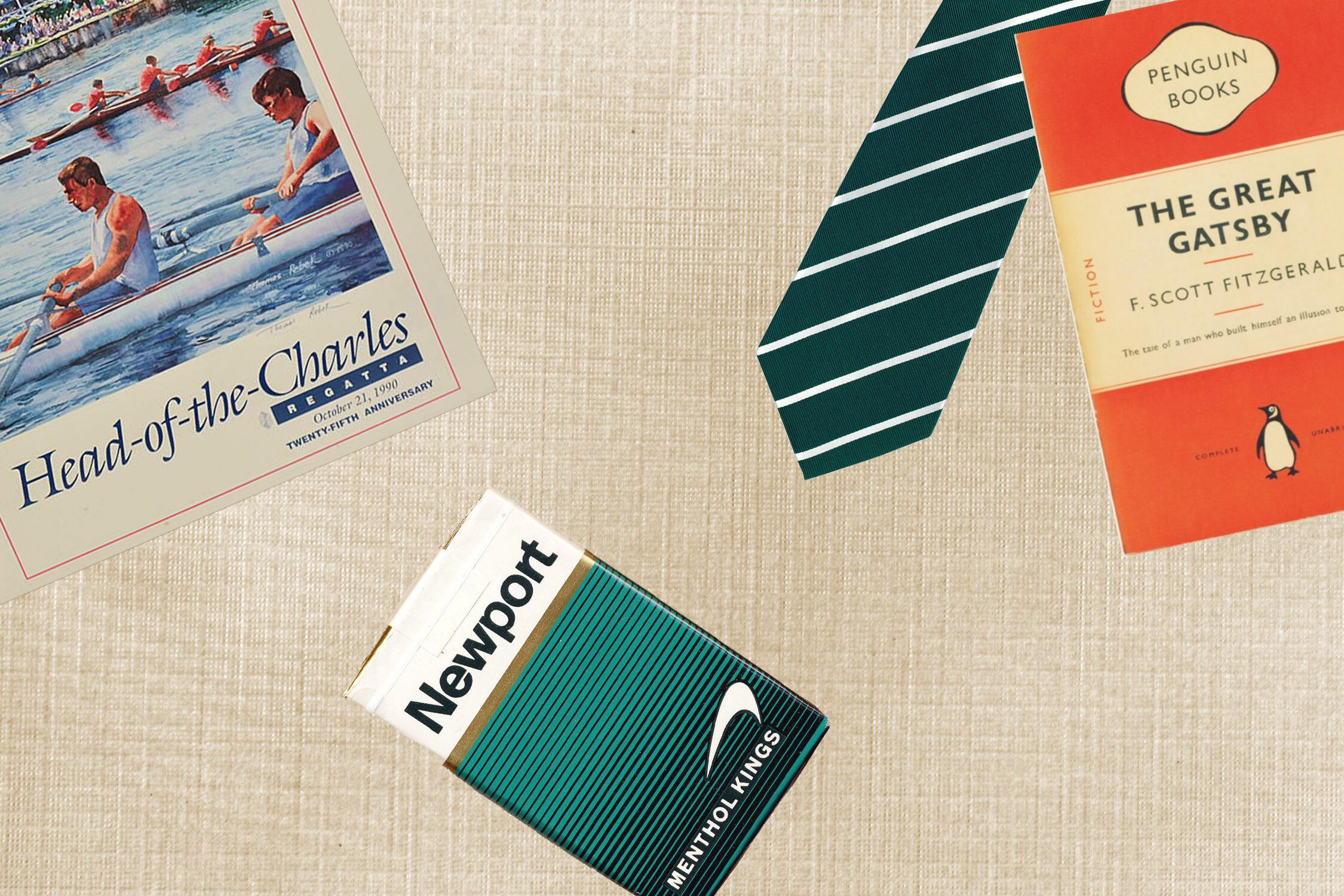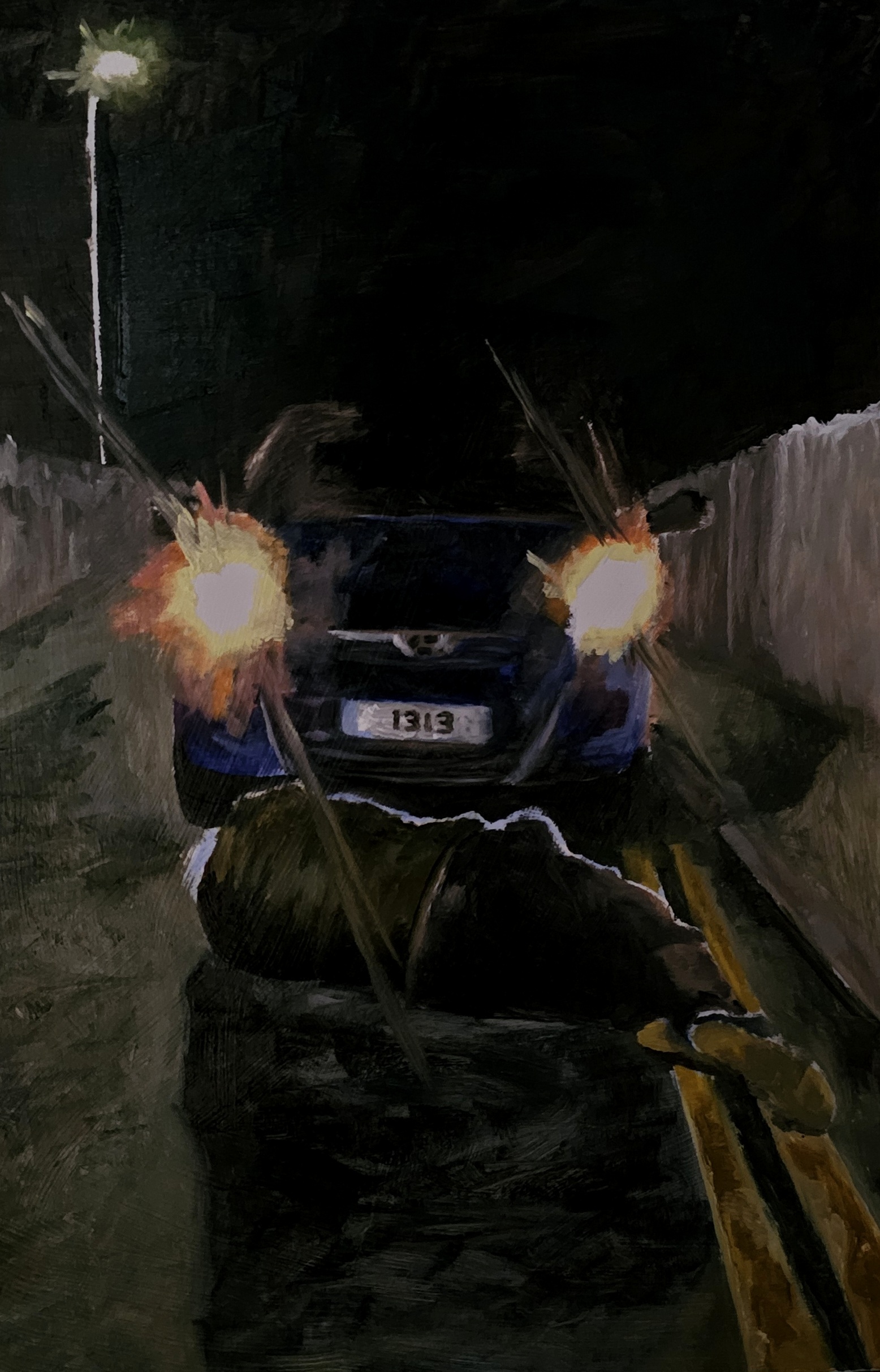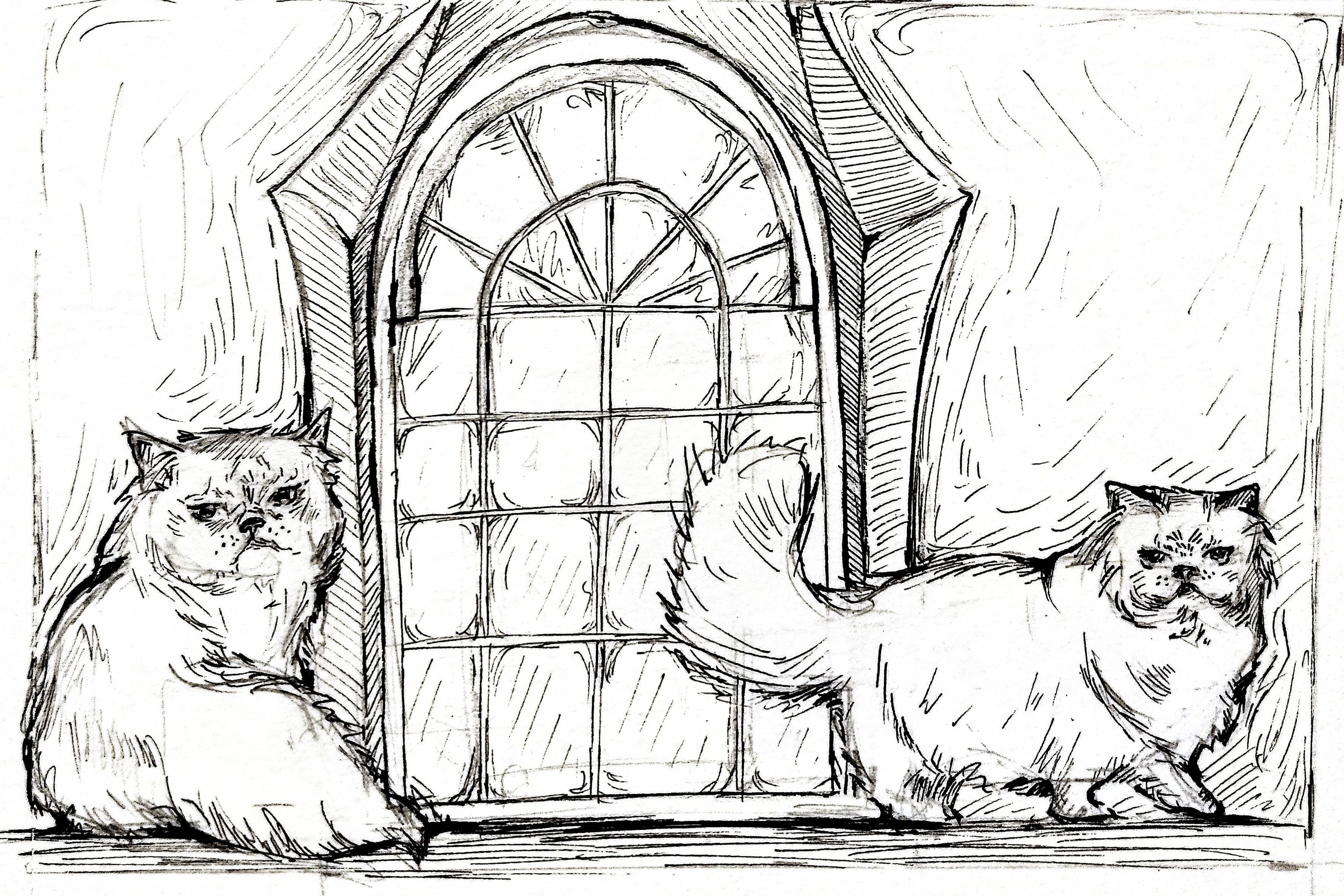
Charlie
After Sarah Fletcher/After A.A Gill, with thanks to Molly
Rowers. With them, sex feels like drowning — the broken boat bobbing, you bobbing; no idea how you got with them. This, at least, is not unusual: you wake up, at sea, all alone. The calling rivers have run away, and in hours you haven’t washed yourself in days, cannot scrub yourself of the thrashing, the arms locked like oars, the glow of a body underwater. Far out, the horizon is like the rim of a glass of wine about to spill over. I am not sober. I have not had enough.
This is honesty: I think of everything, of nothing. I meet him for chapel. My words are as empty as I’ve ever been. When I say I believe, what I mean is that we’re briefly gorgeous, like how a hand petals into the stroke of a blade. When I say yes, I think of the quick and the dead, the bump of a prow against a broken boat. There are so many metaphors for regret, and I think the chaplain knows all of them when he pats Charlie on back, praises the tenor line before communion. The pews are full of dust. The wafer melts heavy on my tongue and I forget how to swallow, how to be normal and forgiven. It was a month ago, maybe a year. I never get my period anymore because he hates the blood and I keep taking birth control even on off weeks. He was so nice and that’s all I can ask for. Even sin, these days, isn’t easy. Charlie’s voice thrums over everything.
When the doctor asks ‘have you stopped drinking?’ I say yes. I tell her it’s my own fault, explain the differing kinds of liability under Roman law, trying to babble sense, mea culpa. This woman who knows everything and nothing. I feel bad for her, I keep asking if she is alright, I answer in single words. She is more brilliant than the rest of them, and has never met failure, never met me. So, the doctor asks me about Charlie, and I repeat the two-limb test for sexual from some legal case, reassure her that both appendages are satisfied. How his arms would be too heavy from drink to pull an oar or anything else; less criminal than cynical, lawful good and lawful neutral. Of course we don’t drink together. We’re already drunk. I avoid him when sober, terrified. She gives me a different list of prescriptions, which I recycle on the way out. I’m good at sustainability these days. I keep going to church. I keep saying the Lord’s prayer on buses, in long queues, burning showers. Every night, the sky seems to be on fire and I don’t care. I have Charlie, my phone, and exhaustion.
But still, I notice things. Charlie’s name isn’t Charlie; he changed it to sound more American, less perpetual immigrant. He smokes, I smoke. Some kind of terrible support group. In the fields of this meadow, the buttercups are out and it feels less Oxford, England, more rural midwest. We are too similar, too ungodly. I block my father, call my sister too much and she tells me I’m a terrible christian, an even worse daughter. My phone is dying but that’s OK. The wine is sweet, and he ignores me. I know he is sleeping with Abbie, Owen told me. The rowers know everything, and have no pity, only their salt-sweat. Oh, to have a body; I want to row away. I cannot pray, so, instead, I have pity for everything these days. Pity for the canals, for plastic bags fished out of rivers. Charlie is the firstborn son, his family unknown. In my mind, he’s an animal, hungry for blood. By his blood we are made clean – or was it wine from water?
The first sober night in months, I pick up a book, finally. I don’t know the story well, only Genesis now, or maybe Bathsheba, but there are arms and a man and Troy. The night is filled with wild horses, and my vodka bottle is splintering into razors. There was a sign, before the meadow – don’t kill the horses! Clouds and early morning, dark at my back, I meet him. Somehow both dreaming, Charlie fills every terrible silence; becomes archer and aristea and all kinds of beautiful mistake, flashlit by all his summers on water. Every boat he’s ever broken is remade into a woman, refashioned by sword and flame. There are many people, babbling in false tongues. This is not sobriety. I am not in my room, but the walls are white. Charlie is gone.
Words by Annie Fan. Art by Miriam Feldman.







